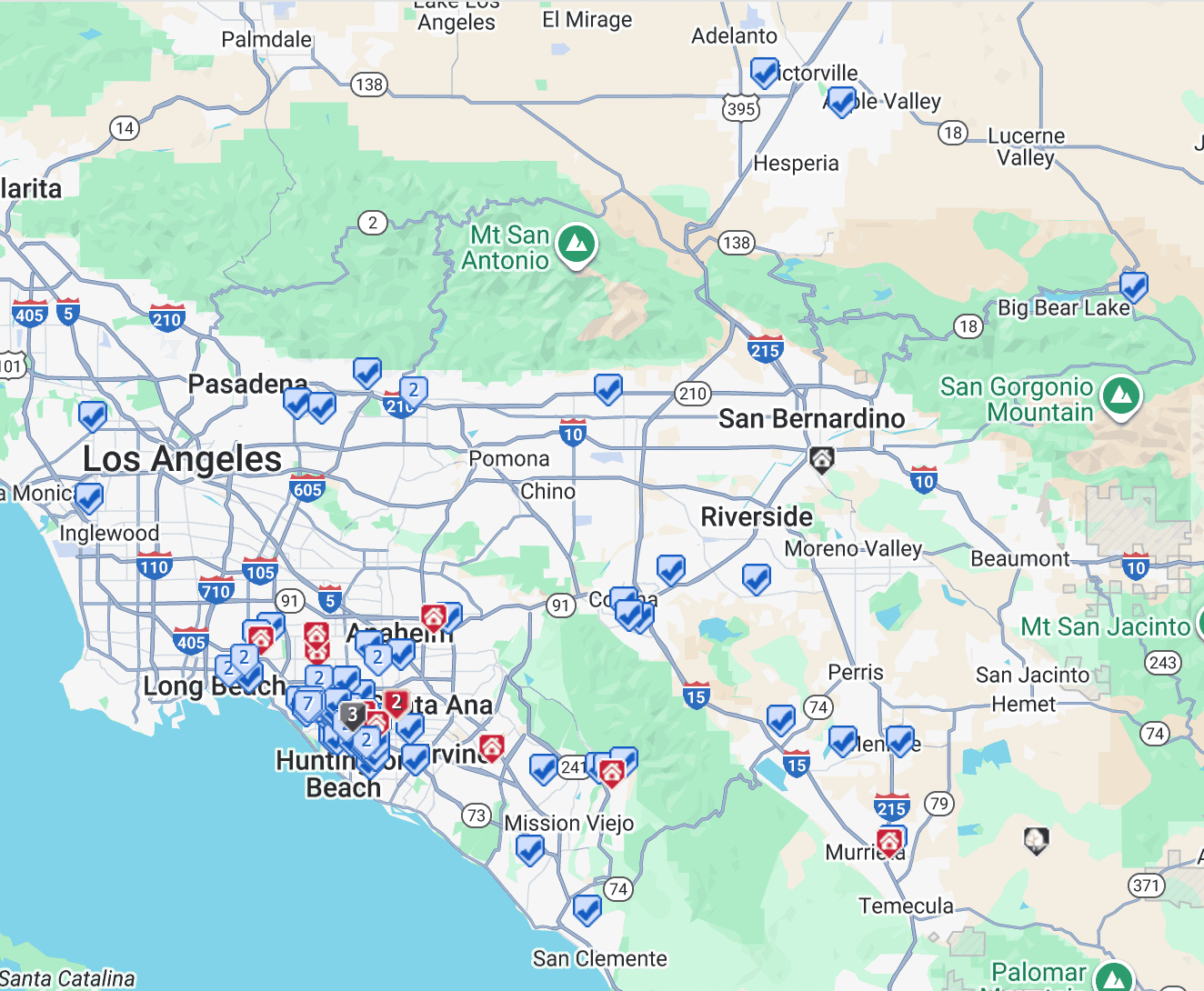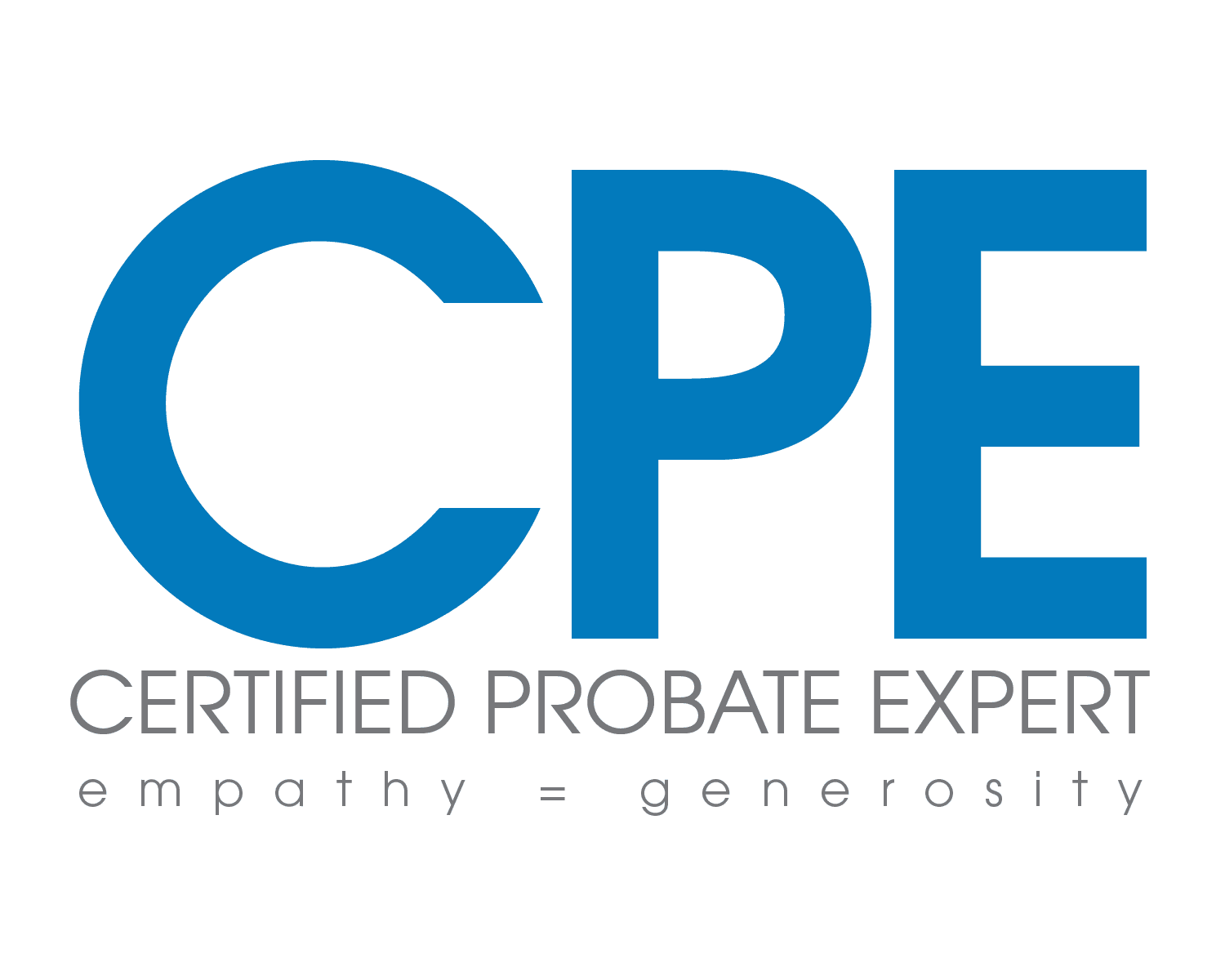
Serving as a successor trustee in California comes with significant responsibilities, especially when selling a house held in a trust. This process involves navigating complex legal, financial, and emotional challenges. Below are the Top 10 Problems successor trustees commonly face when selling a trust-owned house in California, along with practical tips to address them.
1. Unclear Trust Instructions
The trust document may lack clear guidance on whether to sell the house, when to sell, or how to distribute proceeds. Ambiguities can lead to missteps or beneficiary disputes.
Solution: Carefully review the trust document with an estate planning attorney to clarify terms. If instructions are vague, consider petitioning the court for guidance under California Probate Code 17200.
2. Lack of Authority to Sell
If the trust doesn’t explicitly grant the trustee power to sell real property, you may need court approval, which can delay the process and incur legal fees.
Solution: Verify your authority in the trust document. If unclear, consult an attorney to confirm whether a court petition is necessary to proceed with the sale. You could also reach out us and we can have the title company confirm your authority. It is ultimately up to the title company if they will sign off on the transfer.
3. Beneficiary Disagreements
Beneficiaries may have conflicting opinions about selling the house, the listing price, or how proceeds should be split. Emotional attachments to the property can escalate tensions, potentially leading to lawsuits.
Solution: Communicate transparently with beneficiaries, explaining the rationale for decisions. Consider mediation to resolve disputes and document all communications to demonstrate impartiality.
4. Title and Ownership Issues
If the house wasn’t properly transferred into the trust during the trustor’s lifetime, the title may be defective. This can halt the sale until resolved, often requiring a Heggstad Petition (Probate Code 850).
Solution: Confirm the property’s title status with a title company. If issues arise, work with an attorney to file a petition to correct the title and ensure the trust legally owns the property.
5. Property Condition and Repair Decisions
A house in poor condition may need repairs to attract buyers or maximize value. Deciding whether to invest trust funds in repairs can be contentious, especially if beneficiaries disagree.
Solution: Obtain a professional property inspection and appraisal to assess repair needs and costs. Discuss options with beneficiaries and document decisions to justify expenses. If you need a referral for a home inspector and/or an appraiser just let us know. There are also multiple ways to sell a house without upfront money out of your pocket. Look under the Sell section of this site to see the different ways to maximize your value.
6. Tax Implications
Selling a house triggers tax considerations, such as capital gains tax based on the Stepped-up Basis at the trustor’s death or property tax reassessments. Missteps can lead to unexpected tax liabilities.
Solution: Consult a tax professional to calculate the stepped-up basis, estimate capital gains tax, and ensure compliance with IRS and California tax laws. File necessary trust-related tax returns promptly.
7. Real Estate Market Challenges
Unfavorable market conditions, such as high interest rates or low buyer demand, can delay the sale or reduce the sale price, frustrating beneficiaries expecting quick distributions.
Solution: Work with a real estate agent experienced in trust sales to analyze market trends and set a competitive listing price. Balance timing for optimal value with the duty to act efficiently.
8. Creditor Claims Against the Estate
California law requires notifying creditors of the trustor’s death (Probate Code 19000 et seq.). Valid creditor claims may need to be paid from sale proceeds, reducing funds available for beneficiaries.
Solution: Notify creditors promptly and review claims carefully. Pay valid debts and dispute invalid ones to protect trust assets. Consult an attorney if claims are complex.
9. Breaching Fiduciary Duties
Trustees must act impartially and in the best interests of all beneficiaries (Probate Code 16003). Setting a low sale price, failing to market effectively, or favoring one buyer can lead to liability for losses.
Solution: Obtain multiple offers, use a professional appraisal to justify the sale price, and market the property widely. Document all decisions to show compliance with fiduciary duties.
10. Compliance with California Real Estate Laws
California requires specific disclosures (e.g., Transfer Disclosure Statement under Civil Code 1102) and adherence to escrow and closing procedures. Errors in paperwork or disclosures can delay the sale or invite legal challenges.
Solution: Hire a real estate agent and attorney familiar with trust sales to ensure compliance with disclosure laws and escrow processes. Double-check all documents before signing.
Key Takeaways for Successor Trustees
Selling a house as a successor trustee in California is a complex task that requires careful planning and adherence to legal and fiduciary obligations. To avoid these common pitfalls:
Engage Professionals: Work with an estate planning attorney, tax advisor, and real estate agent experienced in trust sales.
Communicate Clearly: Keep beneficiaries informed to minimize disputes and maintain transparency.
Document Everything: Maintain detailed records of decisions, communications, and expenses to protect against potential challenges.
Act Promptly: Address title issues, creditor claims, and tax obligations quickly to streamline the process.
If you need any help or guidance do not hesitate to reach out. Simply send us a message or book an appointment.








